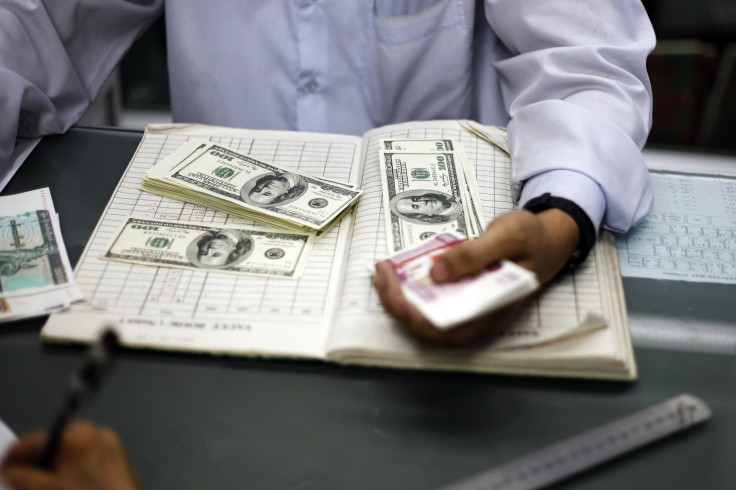Myanmar Sees Huge Foreign Direct Investment (FDI), But American Companies Still Lag Behind

Myanmar has approved more than $1.8 billion in foreign direct investment (FDI) projects from the start of the fiscal year on April 1 to the end of August, compared to the $1.4 billion in the previous fiscal year, but the Americans are losing the race to invest in the Southeast Asian nation to countries like South Korea, Japan and Malaysia.
Investments began to pour in following Myanmar’s political and economic reforms beginning in 2011, when the former military regime yielded power to the current government. The European Union and the United States lifted respective trade sanctions against the country, which allowed western companies to invest in Myanmar.
Aung Naing Oo, a director general at the Ministry of National Planning and Economic Development, said that even so, most of the approved FDI came from other Asian nations, Reuters said Friday.
"Malaysia, which brought about $500 million for manufacturing Nissan cars, is the biggest investor during this fiscal (year) in terms of size followed by Hong Kong and South Korea, who injected funds in the garment industry," Aung Naing Oo said.
But compared to avid investment from other countries, investment from the U.S. remains negligible, according to the Irrawaddy, a Myanmar news outlet. As of Aug. 31, more than $43 billion dollars have been invested in Myanmar by foreign businesses, according to the Myanmar Investment Commission, and just over $243 million is of U.S. origin.
Americans companies that invest more than $500,000 in Myanmar, or invest in the gas and oil sector, are required to file reports outlining steps taken toward “responsible investment,” which include details like what human rights and laborer rights policies have been implemented in the course of investment and what due diligence has been undertaken on local partners. Reporting requirements are enforced to ensure American businesses are cutting deals with Myanmar companies complicit in rights abuses, as bans are still in place against the Myanmar Army, the Ministry of Defense, and prominent “crony” businessmen.
More than two months after the U.S. first published the first reports by American companies investing in Myanmar, big name brands such as Cisco Systems, Inc. (Nasdaq:CSCO), The Coca-Cola Company (NYSE:KO), PepsiCo, Inc. (NYSE:PEP) and Visa Inc (NYSE:V) remain absent, despite having made announcements to move into the country. Of the 15 American companies doing business in Myanmar, 10 responded to the Irrawaddy to respond to questions regarding the reporting requirements, and of those, only General Electric Company (NYSE:GE) said it had filed a responsible investment report to the U.S. government, the Irrawaddy reported.
All but one of those who responded declined to confirm whether a report has been filed. The only exception is MasterCard Inc (NYSE:MA), and a spokesperson from the company said that “the current nature of MasterCard’s business in Myanmar does not fall under the U.S. government’s ‘Burma Responsible Investment Reporting Requirements’.”
For 2013, a rolling submission deadline of 180 days from when the company reaches the half-million dollar investment threshold is allowed. From 2014 on, all reports will be submitted on July 1, according to the Irrawaddy.
© Copyright IBTimes 2024. All rights reserved.




















